Three Minutes of Bliss
Adventure photographer Jimmy Nelson fully immerses himself in remote cultures around the world to connect with a lost part of himself.
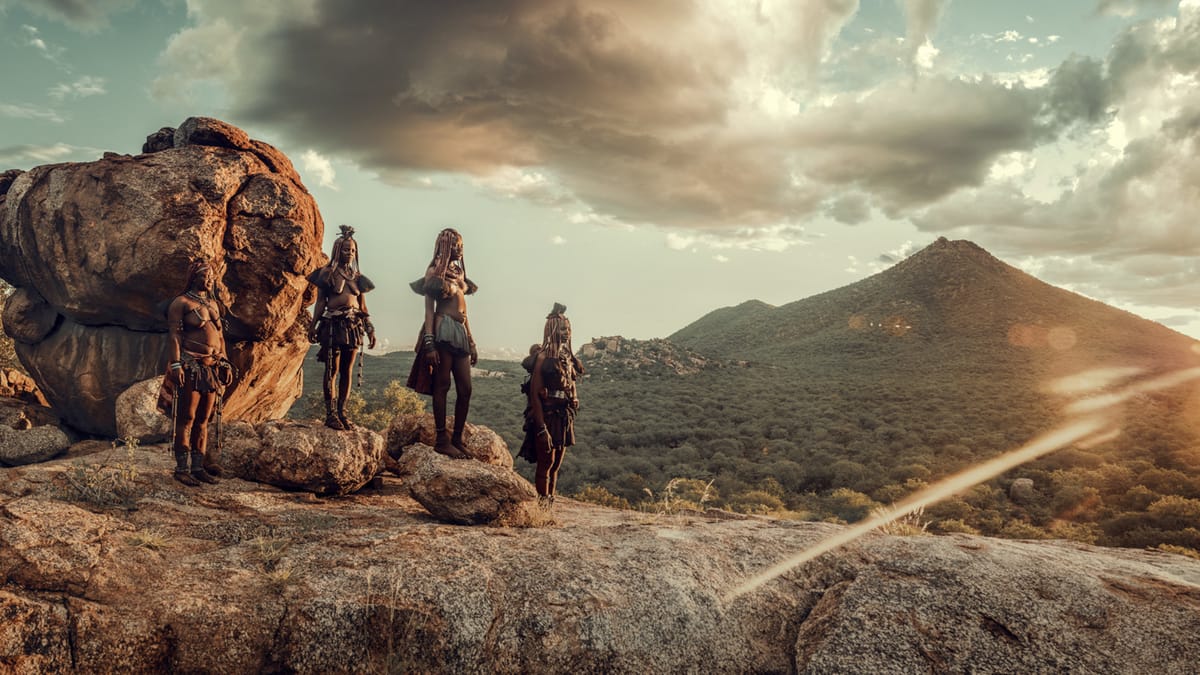
Jimmy Nelson’s lens is a small window into the world of indigenous tribes who could disappear tomorrow if our globalized society continues in its failure to appreciate them. Read Part 1 - Jimmy Nelson: Escape Artist to learn more about Nelson’s remote work with isolated tribes around the planet.
Nelson will fess up to his obsession with photography well before he’ll admit that he even likes it.
Although he’s built a renowned career based on his narrow-minded obsession with making pictures, Nelson doesn’t see himself as a photographer. Photography is just a conduit for the process of following his curiosity, and he points the camera outward to understand personal insights.
“The camera is just a medium to better understand self.”
Nelson is driven by a creative desire to emotionally touch people with a pure picture; without sound or movement.
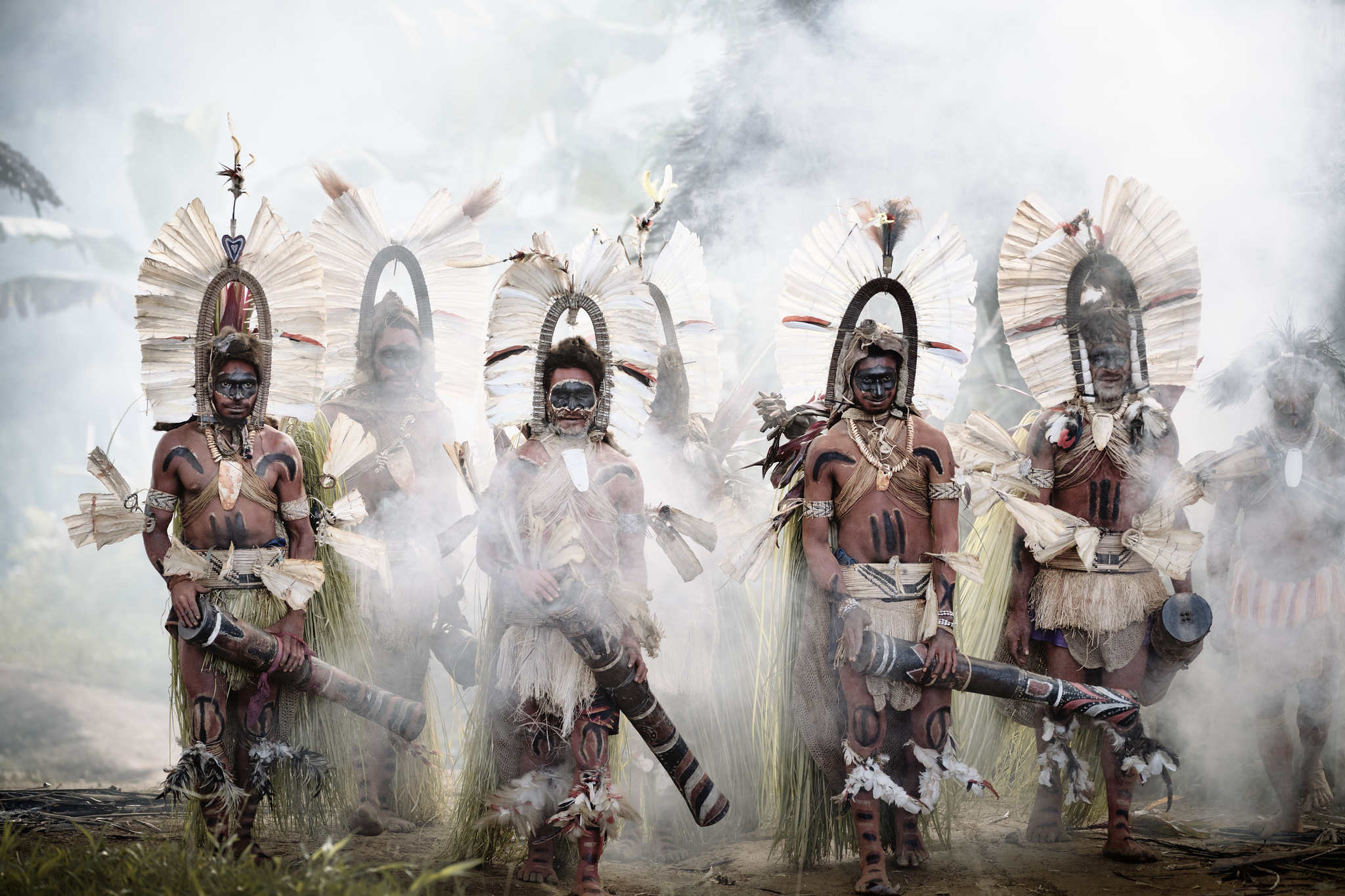
Learn more about Nelson's latest book Homage to Humanity.
The further away Nelson travels - visiting with isolated tribes in the extremes of our planet - the closer he gets to his true nature, thoughts and feelings. After suffering childhood trauma, he lost confidence and connection with these fundamental parts of himself. [Read more in Part 1] The Jimmy Nelson Foundation seeks to inspire future generations to honor the sustainable practices, traditions, and knowledge of indigenous communities.
“When fully immersed in a culture, it’s reaffirming of the self. I become much more trusting to who I am and what I stand for and what I feel.” [Listen to Nelson's podcast episode on Spotify or Apple.]
Clarity of purpose comes from living in a tank in Chukotka or disappearing into the highlands of Papua New Guinea. Perhaps the rest of us have been culturally conditioned to view these places as too distant or too different to seek out.
“We all have a voice inside that we hear very young, our essence of who we are, what we’re capable of and what we feel aligned and connected to, and most of us dare not listen to it.”
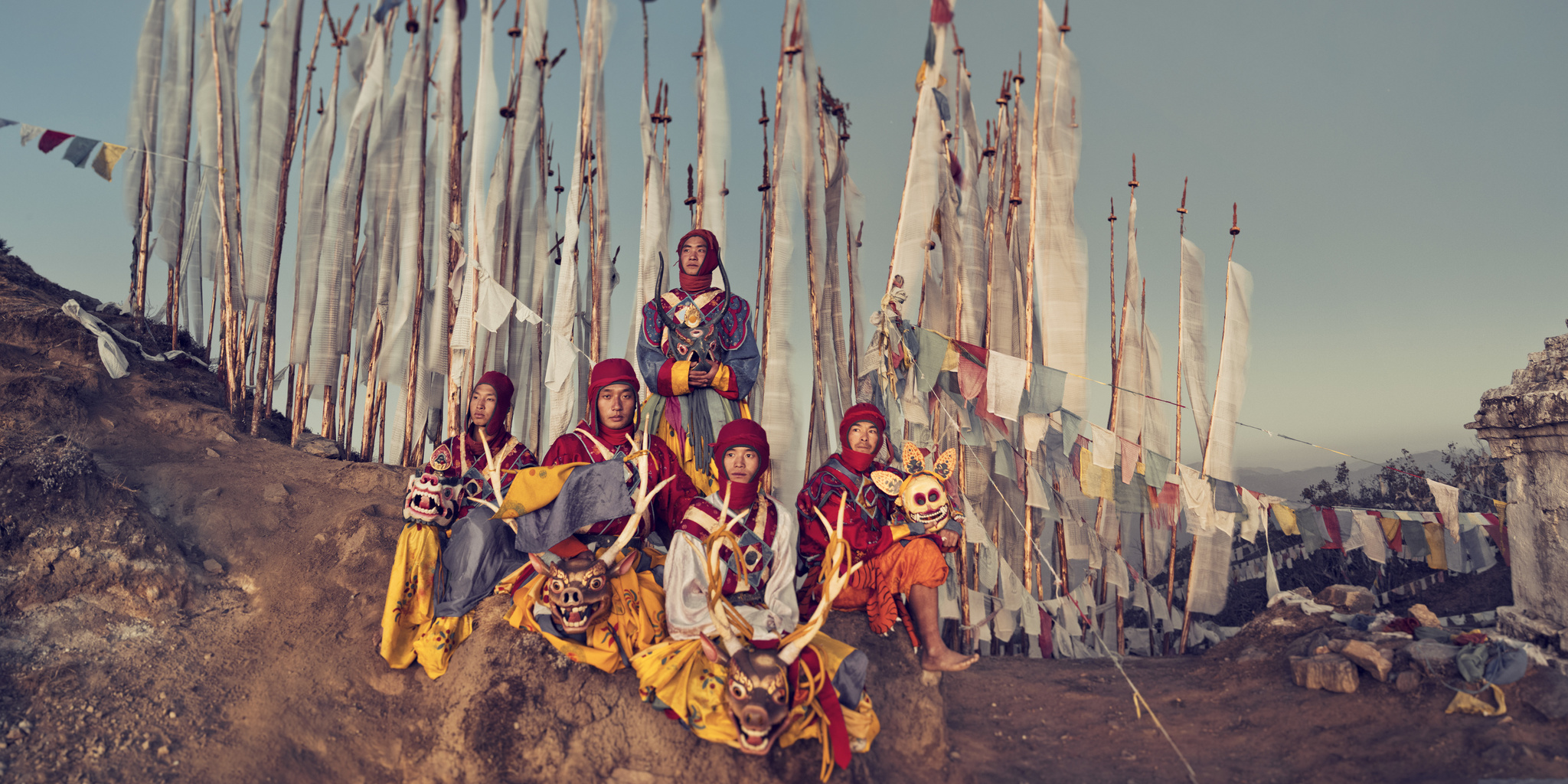
Nelson has built up such a tolerance to culture shock and jet lag, that they have become foreign phenomena.
“There’s a moment of pure happiness for me, of pure alignment. It’s that moment in between on a long flight of about 13 hours when everyone is asleep or drunk, the plane is silent, you can see outside the plane to the convex planet, there’s three or four minutes of utter bliss.” [Listen to the full conversation.]
[gallery type="slideshow" size="full" columns="1" link="none" ids="19276,19279,19298,19297,19292,19291,19300,19299,19303,19302,19301,19296,19295,19294,19293,19290,19289,19288,19287,19286,19285,19284,19275,19283,19282,19281,19280,19278,19277,19274"]
For some, the delights of travel wear off when work and travel become one and the same, but Nelson never tires of it.
“I will never have seen enough of the world.”
Nelson has returned to roughly fifty percent of the tribes he’s contacted for photography projects, some more regularly, and he always notices something different.
“Even if you go back somewhere you’ve been before it’s different because they’ve changed and I’ve changed so you see it in a new light.”
Although he’s hoping to leave each destination with timeless prints that represent him as an artist, surprisingly, he resists planning and leaves most of his travels up to chance.
“On the majority of journeys, only twenty percent is planned, eighty percent is left up to serendipity. Half the time I don’t know where I’m ending up. Only then do you experience magic. Only then do you come across moments that you can’t control, you can’t plan. And then feelings and experiences and settings and people and moments that are out of this world. Because you’ve let go, so you learn to trust serendipity.”
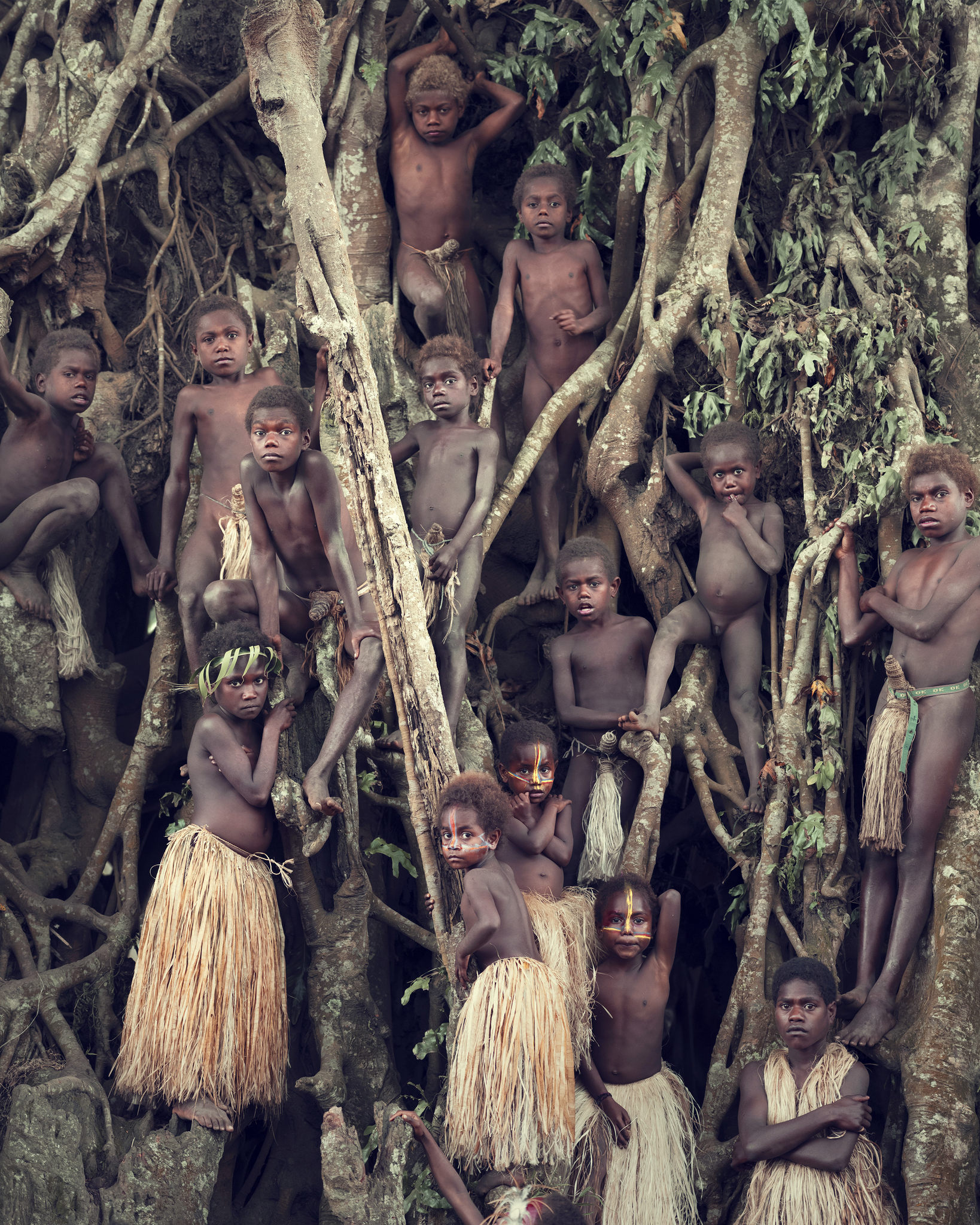
Before entering into a new culture with divergent norms and practices, Nelson advises, “Don’t judge it. Don’t mock it, don’t feel ostracized by it, submit to it and hold it.”
You can order your copy of Homage to Humanity, with over 500 pages of photos, here.
Nelson’s idea of vacation involves a week of sailing, fishing, sleeping on beaches, the type of stuff you’ll find in Robinson Crusoe. In his leisure time, he enjoys sitting on the bottom of the sea with rocks on his lap, just to succumb to the silence.
But there is such a thing as too much peace and solitude for Nelson, a craver of chaos.
“Part of my nature is to organically throw grenades into my life every now and then just to have an adventure. It’s when you destroy things, you reinvent.”
In this episode of The Outdoor Journal Podcast, Nelson discusses the source of his unlimited fascination with indigenous tribes, how he ingratiates himself into strange, yet more harmonious cultures, and how his obsession with photography reveals profound insights about himself.
Read Part 1 - Jimmy Nelson: Escape Artist
Follow Jimmy Nelson on social media:
Facebook: @jimmy.nelson.official
Instagram: @jimmy.nelson.official


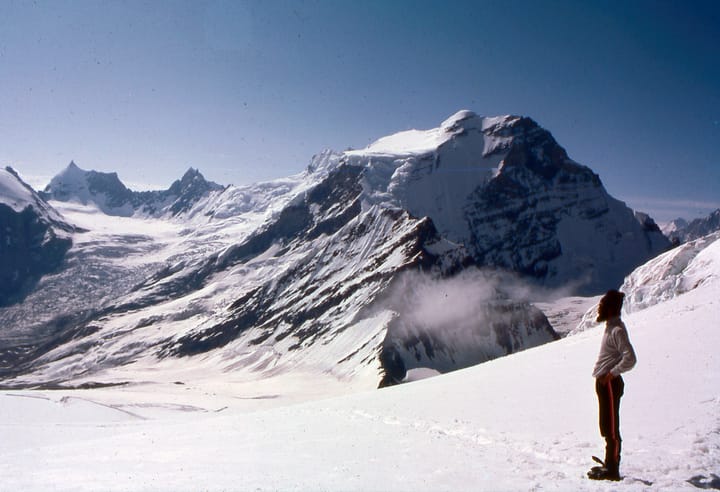
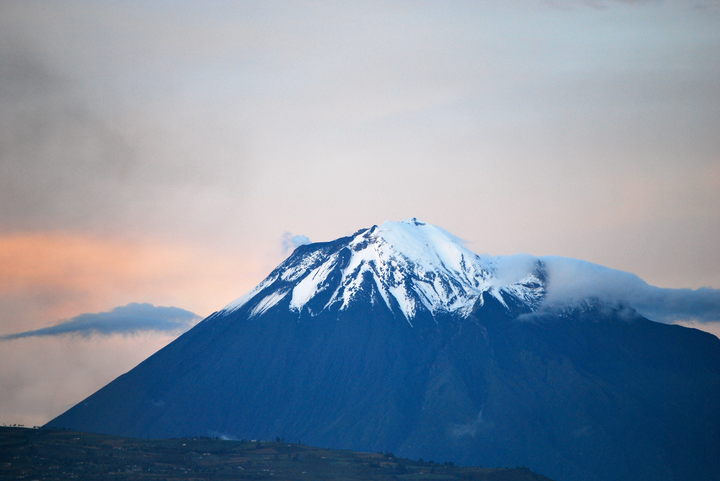
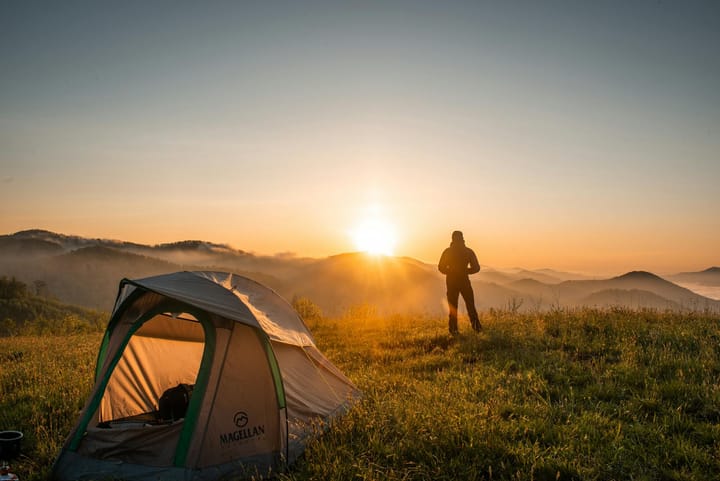
Comments ()